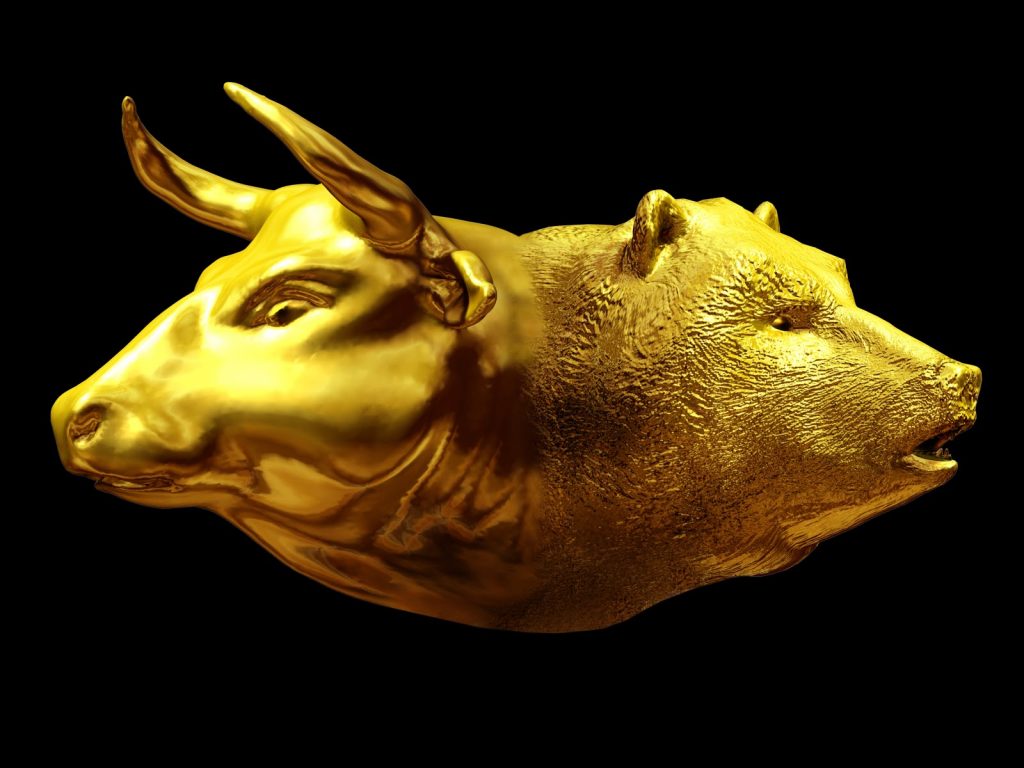Are you investing or speculating?
By Olawale Hamed
In
finance, an investment is defined as monetary assets purchased with the idea
that the asset will provide income in the future or appreciate and be sold at a
higher price.
finance, an investment is defined as monetary assets purchased with the idea
that the asset will provide income in the future or appreciate and be sold at a
higher price.
Speculation
is the act of trading in an asset, or conducting a financial transaction with a
significant risk of loss of part or all of the initial outlay, in expectation
of a substantial gain.
is the act of trading in an asset, or conducting a financial transaction with a
significant risk of loss of part or all of the initial outlay, in expectation
of a substantial gain.
With
speculation, the risk of loss is more than offset by the possibility of a huge
gain; otherwise, there would be very little motivation to speculate. Although
often confused with gambling, the key difference is that speculation involves
deep analysis and taking a calculated risk, whereas gambling depends on totally
random outcomes or chance.
There
are a number of factors that can be considered in making this distinction and
they are highlighted as follows:
are a number of factors that can be considered in making this distinction and
they are highlighted as follows:
Risk
appetite:
appetite:
Risk appetite is different for
individuals and firms. It is the capacity
for loss which can be a function of capital available, profit target and personal
attitude to risk and uncertainty. A firm with large capital and a large profit
target would have a high risk appetite and thus seek long term volatile
investment opportunities. On the other hand, an individual with small capital
and a relatively small profit target will tend to have low risk appetite and
would adopt a short term investment strategy or chose to speculate.
individuals and firms. It is the capacity
for loss which can be a function of capital available, profit target and personal
attitude to risk and uncertainty. A firm with large capital and a large profit
target would have a high risk appetite and thus seek long term volatile
investment opportunities. On the other hand, an individual with small capital
and a relatively small profit target will tend to have low risk appetite and
would adopt a short term investment strategy or chose to speculate.
Nature
of the asset:
of the asset:
liquid assets like landed property
and vehicles are not ideal for speculation but good for investment as they are can
generate positive future cash-flows. Liquid assets like Treasury bills,
sovereign and municipal bonds, currencies, equity stock and commodities are
good for investment but also ideal for speculation.
and vehicles are not ideal for speculation but good for investment as they are can
generate positive future cash-flows. Liquid assets like Treasury bills,
sovereign and municipal bonds, currencies, equity stock and commodities are
good for investment but also ideal for speculation.
The
amount of leverage
amount of leverage
Leverage is the amount of debt used
to finance an asset purchase. Investors with low risk appetite often prefer to
invest equity or own funds and generally avoid debt, while Investors with high
risk appetite and relatively high level of financial acumen will seek to use debt to finance speculation with the expectation to cash in on larger
gains should their view come out accurate.
to finance an asset purchase. Investors with low risk appetite often prefer to
invest equity or own funds and generally avoid debt, while Investors with high
risk appetite and relatively high level of financial acumen will seek to use debt to finance speculation with the expectation to cash in on larger
gains should their view come out accurate.
Market
segment
segment
The financial industry is divided
into the primary and secondary market. The primary market is where new securities
or assets are sold to investors or speculators alike. The secondary market is
available for trading existing securities or assets largely for speculative
purposes. It also provides a platform for investors that missed the primary market
opportunity to invest. These investors can purchase investments at slightly
higher prices from speculators who acquired these assets from the primary
market mainly for speculative purposes.
into the primary and secondary market. The primary market is where new securities
or assets are sold to investors or speculators alike. The secondary market is
available for trading existing securities or assets largely for speculative
purposes. It also provides a platform for investors that missed the primary market
opportunity to invest. These investors can purchase investments at slightly
higher prices from speculators who acquired these assets from the primary
market mainly for speculative purposes.
Arbitrage
Arbitrage is taking advantage of
price differences in two markets to make a profit. For an investor, arbitrage
opportunities may exist at some point in the duration of the holding period,
which usually allows the investor cash in by selling his investment earlier
than planned. A speculator rarely buys assets to hold as his aim from the
beginning is to seek arbitrage opportunities, which are sometimes instantaneous
or available within minutes of trading.
price differences in two markets to make a profit. For an investor, arbitrage
opportunities may exist at some point in the duration of the holding period,
which usually allows the investor cash in by selling his investment earlier
than planned. A speculator rarely buys assets to hold as his aim from the
beginning is to seek arbitrage opportunities, which are sometimes instantaneous
or available within minutes of trading.
Investing
usually involves the creation of wealth, whereas speculating is a zero-sum game
as near term temporary positive cash flows may exist although ultimate wealth creation
is not often the end-result. Although speculators make informed decisions,
speculation cannot usually be categorized as traditional investing.
usually involves the creation of wealth, whereas speculating is a zero-sum game
as near term temporary positive cash flows may exist although ultimate wealth creation
is not often the end-result. Although speculators make informed decisions,
speculation cannot usually be categorized as traditional investing.





























It will be great idea to visit this source if you want to know more about homework cheats. You can use it in your academic future